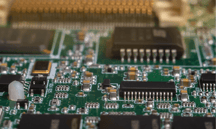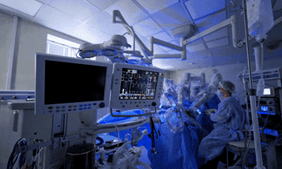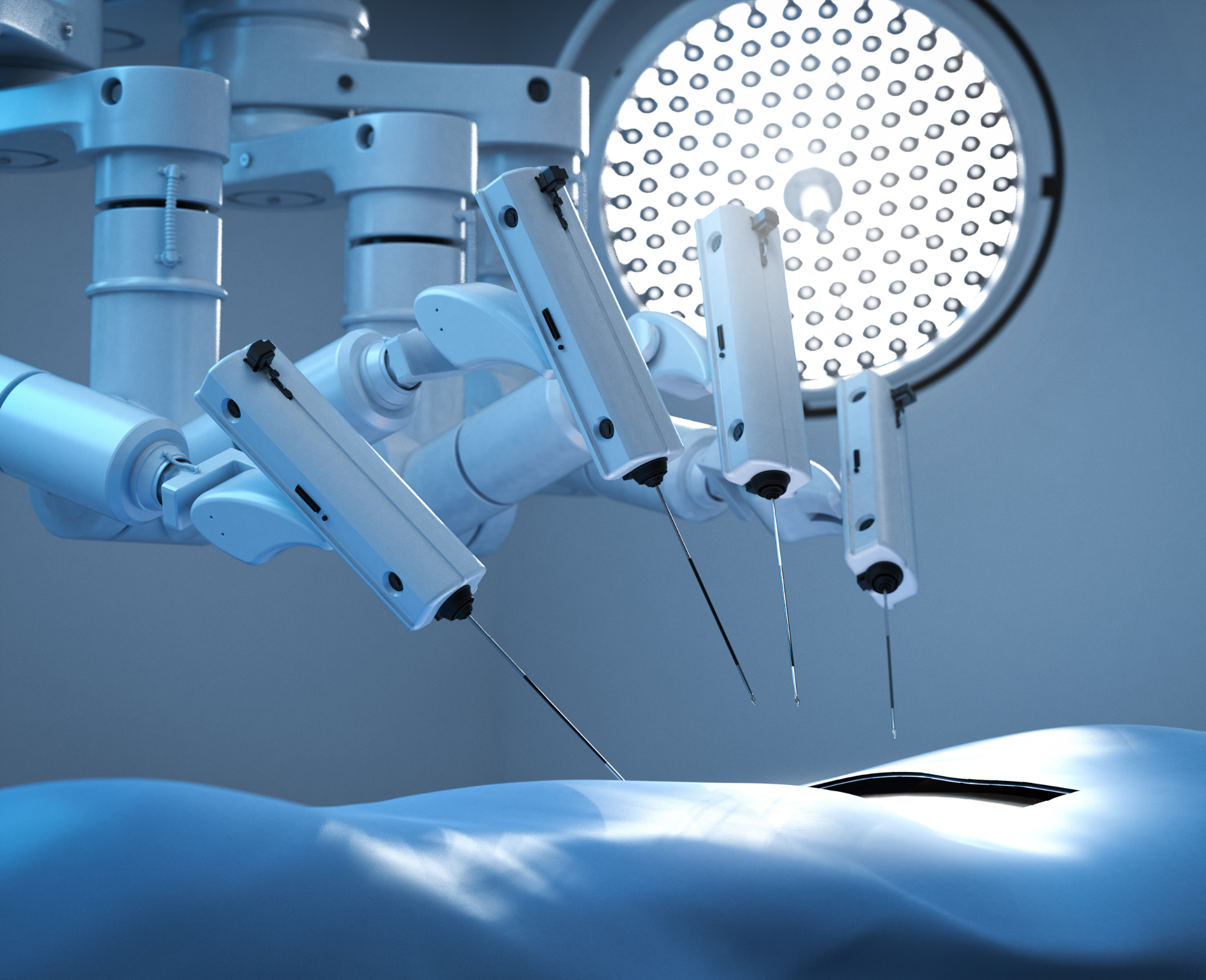Embedded Systems: Mitigating Surgical Robotic Challenges
Robotic technology is opening new doors in the medical world. The shift is providing benefits for both surgeons and patients, including improved precision and accuracy, ergonomics, and dexterity. Patients are receiving lower risks of infections, better recovery times, and fewer complications. This technological shift to surgical robotics is also proving some limitations. Common challenges faced with this technology include:
- Low Haptic feedback is the physical sensation humans receive through our sense of touch, allowing the replication of sensorial feedback. While robotic surgery has substantial benefits, one significant drawback is that robotic surgery cuts out almost all haptic feedback that traditional surgical procedures have.
- Constant maintenance and unplanned downtime not only creates reliability risks due to safety and accuracy issues but can cost organizations up to $700 per minute!
- Complex and long training is proving to be a challenge for surgical robotic adoption. In addition to a general lack of academic training and steep learning curves with this technology, the team must undergo extensive training and get comfortable with the absence/significant reduction of tactile cues and kinesthetic signals.

Embedded systems expertise is directly improving the challenge of
low haptic feedback. We have developed motor controllers at the detailed level. This deep understanding of the workings of motors
and their controllers allows us to modify control loops in
unconditional ways.
What is the impact of embedded systems on surgical robotic technology?
We rarely think about the impacts of haptic feedback in our daily lives. Human-applied forces (like a handshake) can have varying impacts on different people, but these forces can make a huge difference when looking at medical treatment or surgical procedures.

Sensors provide the ability to address this key surgical robot pain point - the ability to control and monitor haptic feedback. This plays a critical role in quality improvement. Force sensors can be embedded into robotic arms, allowing the level of grip force to be communicated. This is extremely beneficial for remote surgeries as the surgeon operating the robot can make instant procedural adjustments based on haptic feedback.
When looking at a multidisciplinary problem like robotic surgery, we work with controls, robotics, and digital solutions. In the early phases of developing new technology, we likely would start with a model-based design to increase our understanding of the problem while also exploring solutions. Often the next step is rapid prototyping to explore areas of concern before building an advanced proof of principle prototype.
Boston Engineering has extensive experience developing motor controllers and a large variety of sensors including force, pressure, and position -- all of which can be used in haptic systems. Motor controllers at a detailed level provide the ability to push on a hand or finger differently as it goes through its motions. For example, we are currently working on a project to induce a force on an object as a function of its position.
Sensors are key in the mitigation of haptic challenges. Boston Engineering works with a variety of sensors including temperature, pressure, load cells, multi-axis force sensors, precision position sensors (rotational absolute encoders, linear), IMUs, and more. We also have extensive experience with sensor fusion and error correction.
For almost three decades, Boston Engineering has designed, developed, and optimized devices and technologies the medical community relies on to save lives, enrich quality of life, and reduce costs to the healthcare system. We provide numerous solutions to the challenges in the adoption of surgical robotics.
Imagine your Impact: Stay up-to date- with the latest insights and trends we're watching. Add your email address below and sign up for a monthly summary of our most impactful posts!











